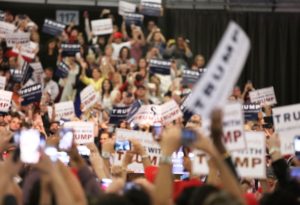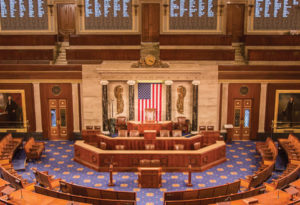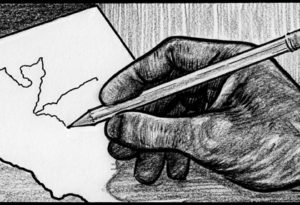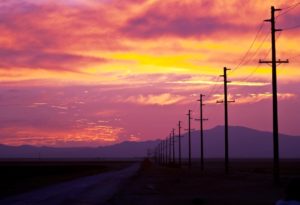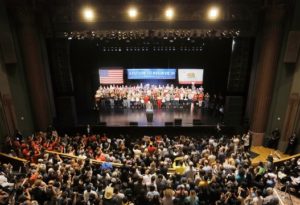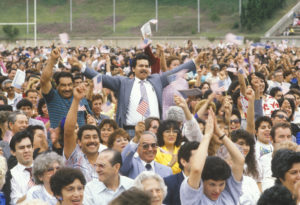Posts Tagged: CA120
Analysis
ANALYSIS: With five months to the 2018 gubernatorial primary election, there is a natural tendency to try and find the single major factor that will determine the outcome. Will it be Donald Trump, absentee voters, young people, the gas tax, racially polarized voting, the open primary, North versus South, the growing number of independent voters, the new registrants since President Trump was elected, or 25% of the electorate who registered to vote in 2016? The fact is, it will be all of these things.
News
Throughout the 2016 election cycle, Capitol Weekly conducted several polls. Two of them, one during the primary and the other during the general, were targeted to voters right after they had mailed in their ballots. In total, more than 80,000 Californians participated in these surveys. Now, we’ve gone back asked these voters how they feel about the candidates they backed and about the issues, and we sought their perceptions about the political climate. We’ll start with the Trump voters.
Analysis
ANALYSIS: California’s independent Citizens Redistricting Commission was established by two ballot measures in 2008 and 2010, following several unsuccessful pushes by Republicans who saw themselves as perpetually sidelined when it came to drawing the state’s political boundaries. Success came when they were joined by a coalition of non-partisan groups and deep-pocket Silicon Valley funders, who saw the commission as a part of overall reforms, like the creation of an open primary.
News
We are just getting used to the current districts, but once again redistricting is about to rear its decennial head. To provide a preview of what is to come in California, we have created an interactive map of the state’s congressional districts using current census projections and voter registration data. This tool allows you better understand the mid-decade projections and project to what could be the factors in the 2021 redistricting.
Podcast
A decade ago, better than nine out of 10 California households with telephones relied on land lines for their service — a scant 5 percent used cell phones for their home connection. This year, nearly half of all households rely on cell phones. So Capitol Weekly’s John Howard and Tim Foster dialed up our favorite numbers cruncher, Political Data analyst Paul Mitchell, to talk about the seismic shift from to cell phones to land lines and how that will play out in the 2018 election cycle.
News
For decades, polling relied on a strong pool of easily reached voters with a traditional land-line telephone. Before caller-ID became prevalent, nearly every call was answered as long as someone was home. But now more voters are untethered from traditional phones (I haven’t had a land line since 1998), and those who do still have them complain that most incoming calls are from telemarketers.
News
History tells us that presidential-year new voters are likely to skip mid-term elections. Will the new voters of 2016 be any different? The answer to that question could have a profound impact on the 2018 elections.
News
CA120: The 2016 elections have yet to fade in our rear-view mirror, but already the most important topic in Sacramento — and nationally — is the coming 2018 election cycle. After a tumultuous 2016, many of us are expecting the mid-term elections to be a deep and engaging referendum on the current administration and whatever intervening events occur in the coming year and a half.
News
Immediately after the 2016 there were a number of people and organizations that made quick analyses of the electorate, and what happened. Here in California, we appeared to be bucking a national trend: While the Republican ticket over performed in key swing states on the East Coast and upper mid-west, California saw Democrats regain legislative super-majorities in both houses, hold swing congressional seats and make Republicans appear more vulnerable than they have in many years.
News
To set the record straight, we are talking about full U.S. citizens, not some fictional “illegal” voters. There are 3.8 million foreign born voters on the California voter file, including 1.4 million born in Latin America. Each of these has had their eligibility verified by their county registrars, and by either the Social Security Administration, the California Department of Motor Vehicles, or with a valid state identification (generally a driver’s license) presented at their polling place the first time they vote.


